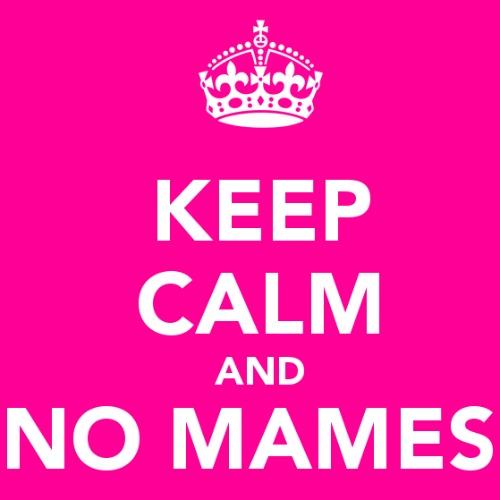BROOKE GLADSTONE: If you were with us at the beginning of the hour, you’ll remember Julio Ricardo Varela, founder of the blog Latino Rebels, which, among other things, assembles a compendium of the media's most clumsy and clueless moments in handling Hispanics and Hispanic issues. They call these “Mm-mmm-hmm moments.” We sent Julio a rough cut of this hour and awaited his characteristic mince-no-words assessment of our work. Was it great, or was it mm-hmm-hmm? Julio is going to tell us. Hello, Julio.
JULIO RICARDO VARELA: [LAUGHS] Hi, Brooke, how are you?
BROOKE GLADSTONE: [LAUGHS] Okay. What did you think?
JULIO RICARDO VARELA: Let’s see, first of all, A for effort, for actually tackling this subject. Like, I always start that way.
BROOKE GLADSTONE: [LAUGHS] Oh, God!
JULIO RICARDO VARELA: [LAUGHS] The last segment, the “Radio Ambulante” segment was gold. What they were saying really speaks to a redefinition of what it is to be Latino in the United States, and it’s still kind of messy. And that messiness is actually good because we’re still trying to figure it out. And that messiness showed up in the segment, in a good way.
But I have no interest in that “Breaking Bad” story at all. I think that was a lost opportunity because it focused on telenovelas and soap operas and narconovelas and all that other stuff, that actually have played a major part in where we are now in the misunderstanding of Latinos in the United States.
The reality is Latin American content providers in Spanish have failed for years in the glorification of, of drug kingpins and other things like that, and this type of content continues to come into the United States.
BROOKE GLADSTONE: The missed opportunity is that we could have discussed the failure of Spanish-language entertainment media –
JULIO RICARDO VARELA: Exactly!
BROOKE GLADSTONE: - proper – properly with this issue.
JULIO RICARDO VARELA: Exactly. One of the things about the show that I thought might have missed the mark, a lot of focus on Spanish –
BROOKE GLADSTONE: Mm-hmm.
JULIO RICARDO VARELA: - and on foreignness of what it is to be Latino in the United States. You know, we’re, we’re part of the fabric of this country.
BROOKE GLADSTONE: Jorge Ramos, talking about his changing role of having been “discovered” every few years and now he’s part of the conversation, wasn’t that addressing that?
JULIO RICARDO VARELA: I, I think it was a good effort. I, I have high standards when it comes to how we change the media landscape when it comes to Latinos in the United States. Latino issues have been barrio-ized. Major media organizations need to practice what they preach. Public radio is not diverse in the United States. It’s a great segment for an hour, but where – where are the next Latino voices on NPR? I’ll give you a solid C, a solid C. You take that. [LAUGHS]
BROOKE GLADSTONE: You’re really enjoying this, aren’t you? [LAUGHS]
JULIO RICARDO VARELA: No, I’m not enjoying it, but I – but –
[BROOKE LAUGHING]
- I’m the one that says, this is not as good as it should be. People don’t want to hear that, what media can do better. I mean, why am I – why, why do I feel like I get taken to the wood shed?
BROOKE GLADSTONE: So was this a “mm-hmm” or not?
JULIO RICARDO VARELA: Oh, no, no, no! It was – no, it wasn’t. I mean, you didn’t have – mariachi bands and taco trucks and all that. But I do think that it focused way too much on Spanish language.
BROOKE GLADSTONE: Okay. Thank you very much, Julio.
JULIO RICARDO VARELA: Thanks, Brooke.
BROOKE GLADSTONE: Julio Ricardo Varela is co-founder of the blog, Latino Rebels.
